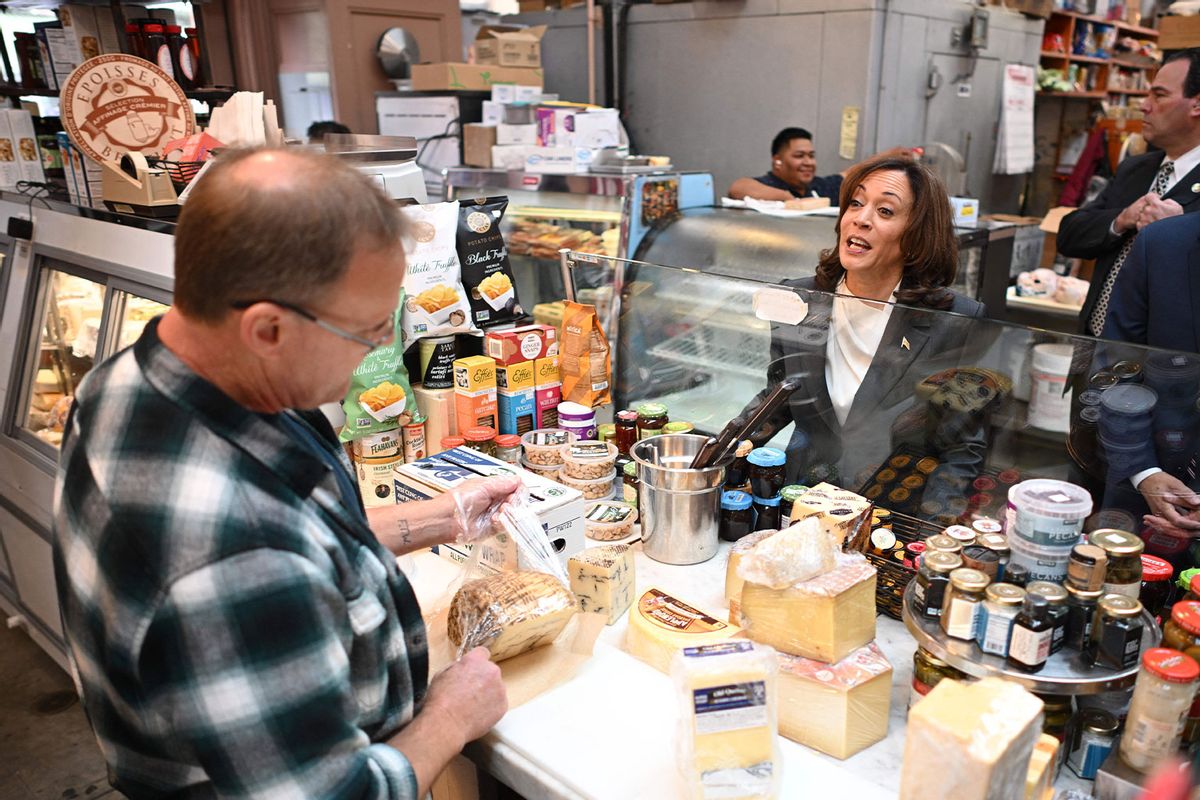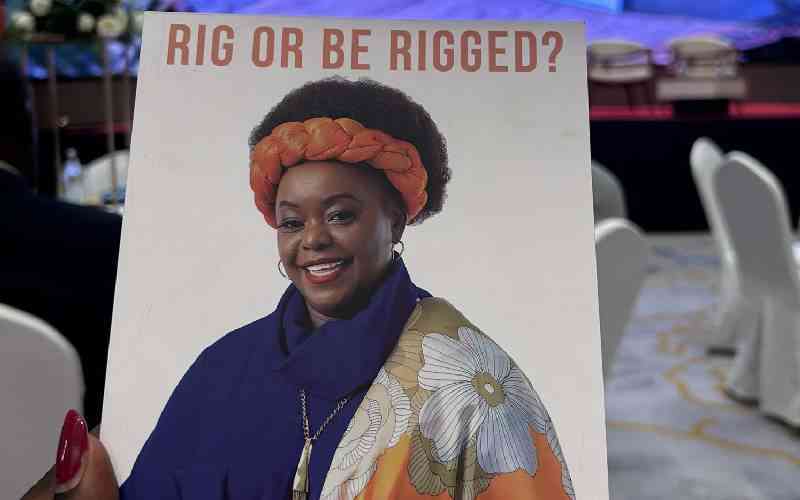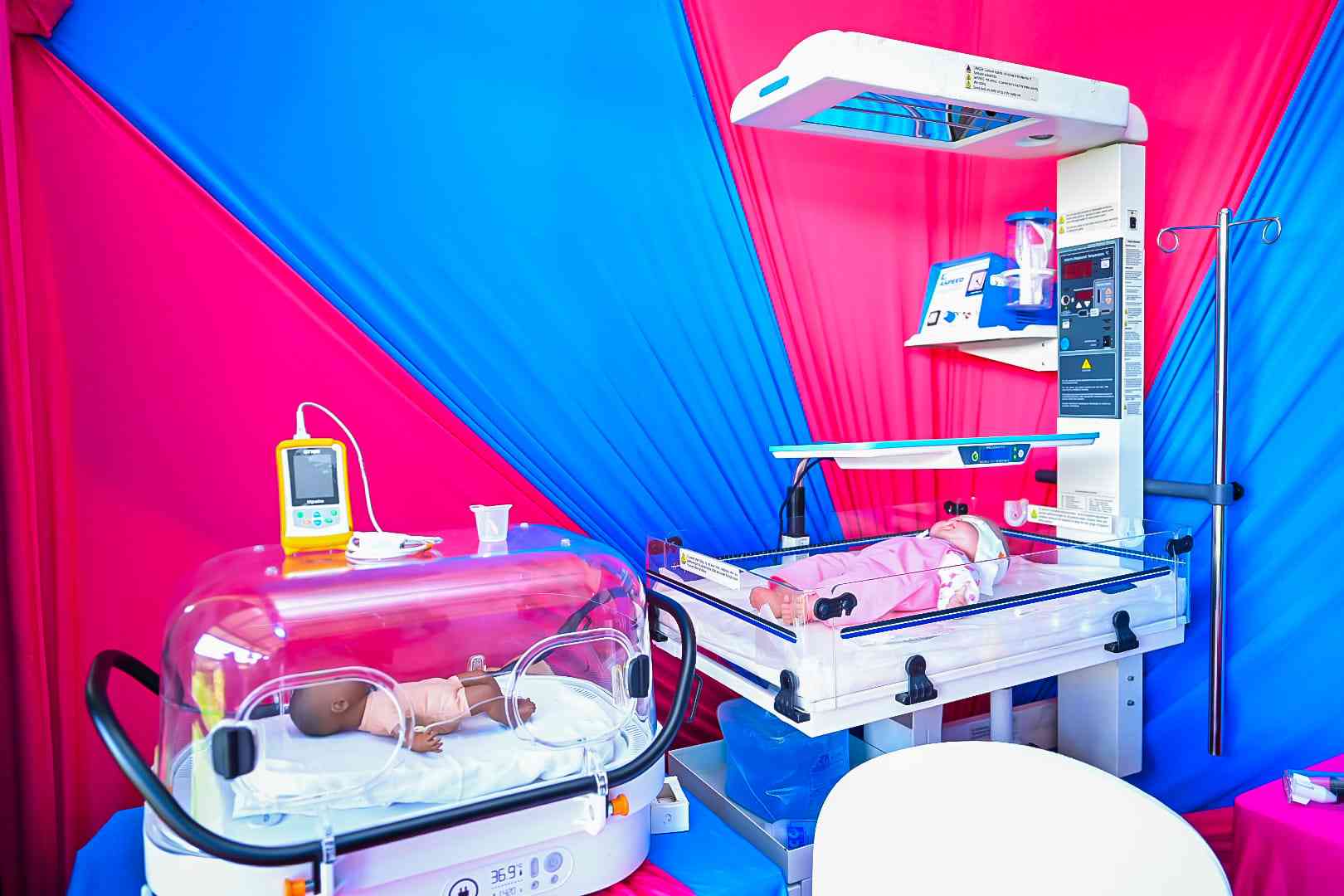It’s been reported that EFF members have been driving around certain areas using loudspeakers to warn businesses to close on Monday to “avoid looting”. At the same time, the EFF’s leadership says it will bring the country to a halt in its quest to end load shedding and remove Cyril Ramaphosa as President.
Of course, Monday next week is a Monday between a weekend and a public holiday, on Tuesday, and many workers are unlikely to be at work that day anyway. Schools will be closed, which means that there will be much less movement around the country. Those that can take off work may well simply be taking their first long-weekend holiday of the year.
There may also be an element of deliberate politicking around this planned action in many ways.
The EFF may well be deliberate in its choice of targeting areas where minority communities live. It has affixed posters to lampposts in Gqeberha, and told people in Gauteng not to go to work. In Emalahleni, private security companies claim action is being planned there. In Cape Town, the DA administration wants an interdict against the event as a whole.
Also, there are claims on WhatsApp groups that security companies have found tyres being left under trees, claiming that they were being left there to be burnt during the shutdown.
Meanwhile, the SA Police Service (SAPS) says it will ensure that people obey the law.
Unfortunately, the SAPS has said that many times in the past and has been found wanting.
At the same time, security companies may be telling the truth, but as was seen in KZN (Phoenix in particular) in 2021, some have an interest in making customers fearful.
The blurred blue line: Finally, a new law that strengthens oversight and public accountability of private security firms
The DA too has a constituency to serve – if it can be shown to be the party using the law and the courts to protect communities, this may well help it win votes.
The EFF, of course, is the prime mover here, and its leadership is certainly enjoying all of the attention. Certainly, the party and Julius Malema have shown themselves to be adept at controlling the national narrative. Here, they appear to be succeeding before even actually doing anything.
It should be remembered that a “national shutdown” in itself is incredibly ambitious. It has hardly happened in our democratic era, and is worth reiterating that the only movement that could really do this since 1994 is Cosatu.
Visit Daily Maverick’s home page for more news, analysis and investigations
Also, even protests called by supporters of perhaps the most powerful political leader of the democratic era, Jacob Zuma, were only able to have an impact in just two provinces.
One of the key decisions for the EFF has been the decision by the trade union federation Saftu to join its protest. It is a sign that Saftu may be getting closer to the EFF, particularly when it was Saftu general secretary Zwelinzima Vavi who, in his previous life, was one of the first to refer to Malema (in his previous life) as a “right wing demagogue”.
But even with Saftu’s 700,000 members, it is almost impossible now for one organisation to bring the entire nation to a halt. South Africa is simply too big, with too diverse a population for that. It is also unlikely that all of Saftu’s members will join such a protest.
And, the fact it is on this particular long-weekend-Monday will make it impossible to assess the impact of the EFF’s actions. The party will probably try to claim victory almost no matter what happens.
However, what may be really driving the reaction to the EFF’s plans is the fear of so many people in different communities.
The slide in living standards, the virtual collapse of infrastructure, the decline in almost everything in the past 10 years, and particularly the last three, has been a shock to the system – it was simply not predicted.
But worse than that is the frightening rise in violence. Life in South Africa has become significantly nastier, more brutish and shorter in the past three years.
No surprise that people are now prepared to believe the worst.
After all, no one really saw the KZN and Gauteng violence coming, so why can’t it happen again?
And underpinning that is the fact that it is now well known that our criminal justice system has not been able to punish the people responsible for that violence. While some have been arrested, there was clear evidence of a concerted coordinated campaign involving politicians, including former president Jacob Zuma. It was his arrest that sparked it.
And yet, despite all of that, no real organiser has gone to jail. No one has even attempted to prosecute Zuma’s daughter, Duduzile, who incited violence on Twitter, or his son, Duduzane, who publicly asked people to “loot responsibly”.
At the same time, it is fairly certain that the EFF’s shutdown won’t achieve its stated aims. Load shedding will likely still be with us on the public holiday on Tuesday, and Ramaphosa is likely to still be in the Union Buildings.
This means that if the assessment is based on the stated aims of the shutdown, it’s almost doomed to fail from the start.
Perhaps one way to really assess if the shutdown achieves its aim is to ask what the nation will be discussing on Wednesday morning, when it returns to work. If it is still the shutdown, if the impact of the shutdown is still being felt, then it may well have achieved its aim.
But if, given the relentless news cycle we are currently in, it is some other issue, then it would have failed. And perhaps the only way to make sure it is the dominant issue is if there are acts of violence.
There is also a risk for Malema here. This event is clearly part of the EFF’s 2024 election campaign. The violence of July 2021 appears to have had a huge impact on the results of the ANC later that year. If Malema is seen as responsible for violence now, it is entirely possible that it backfires at the election polls.
At the same time, some of his public utterances appear to be designed to distance himself from any potential violence. But he will still likely be seen as responsible for violence if it does occur.
There may be one other wrinkle to all of this.
Currently, in Joburg, the Member of the Mayoral Committee for Community Safety is Dr Mgcini Tshwaku. He is from the EFF. And may now have some control over members of the Joburg Metro Police Department (JMPD).
This may well lead to questions about the limits of that power, and whether he will be able to give direct orders to members of the JMPD. And would it really be possible that somehow they do not give full support to officers of the SAPS?
It is probably unlikely that this will really have an impact on the ground; metro police officers are much more likely to respond to events on the ground than to respond to any political imperative. After all, political power has changed hands many times in metros with no real discernible difference in the way metro police officers have behaved.
That said, the actions of Tshwaku personally on the day may be worth monitoring.
In some ways, the real reasons for the huge discussion about the EFF’s planned shutdown reveal much about our society. About the fear of many communities, about how our lived experience has deteriorated, about how easy it is to use the threat of violence to dominate the national narrative. DM




















Discussion about this post